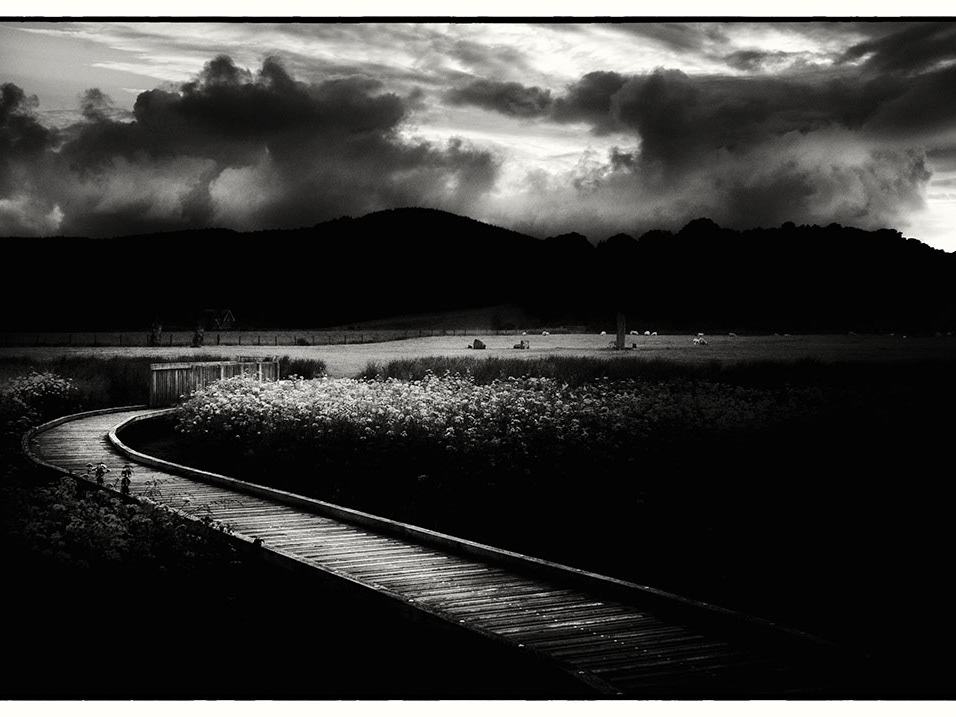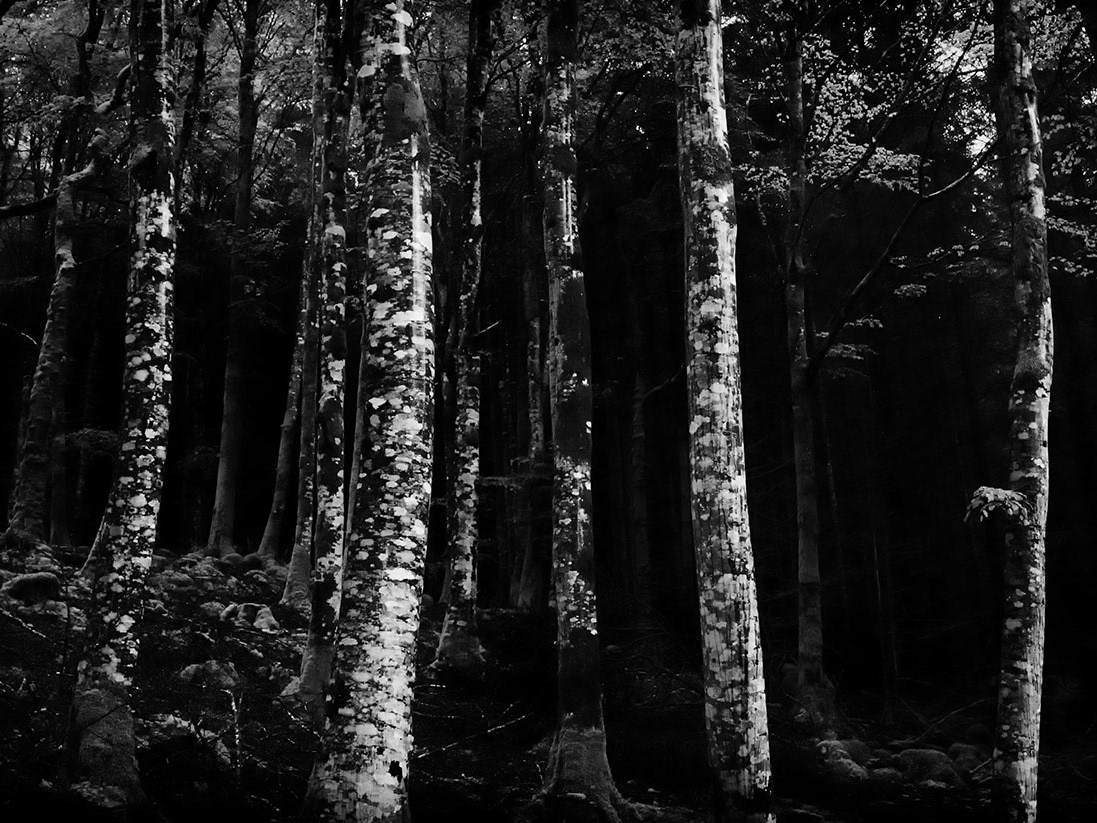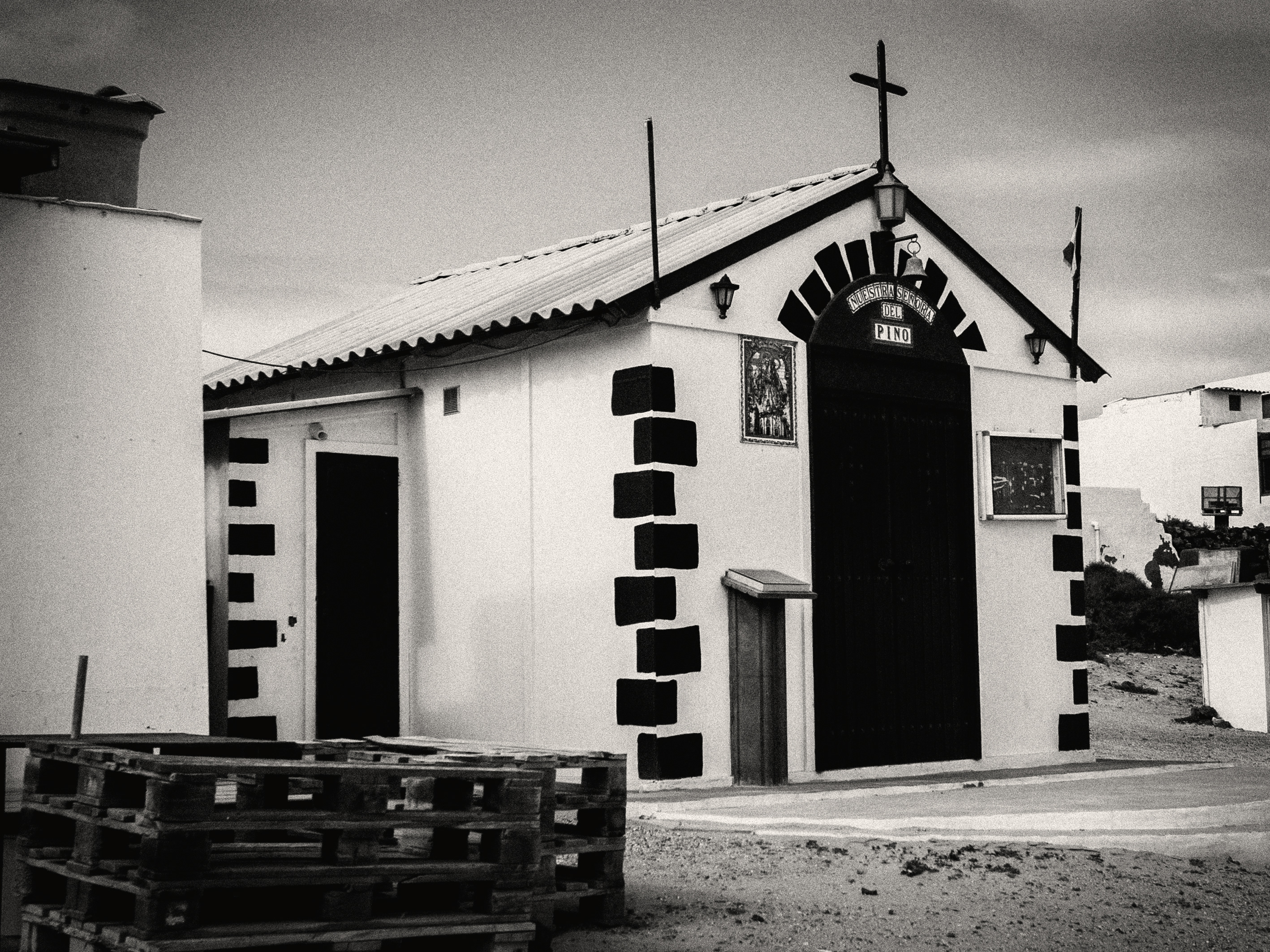The decline of commercial fishing in Scotland has had a profound impact on the social stability and tight-knit communities that once thrived along the coast. As the industry has dwindled, so too have the livelihoods of those who depended on it for their income and way of life. Piers and harbours that were once bustling with activity are now much less well used with some falling into disrepair, serving as a stark reminder of an industry that is slowly fading away.
For generations, fishing has been a way of life for many Scots, deeply ingrained in the cultural fabric of coastal communities. Families would pass down their knowledge and skills from one generation to the next, creating a strong sense of community and camaraderie among fishermen. However, as fish stocks have declined and regulations have tightened, many have been forced to give up their way of life, leading to a loss of identity and purpose within these communities.
Despite the challenges facing the fishing industry in Scotland, there is still hope for a revival. Sustainable fishing practices and community-led initiatives are beginning to gain traction, offering a glimmer of hope for those who still depend on the sea for their livelihoods. By working together, these communities can rebuild their social stability and strengthen their ties to one another, ensuring that the proud tradition of fishing in Scotland will continue for generations to come. In this ongoing long form series, I examine this profound social change in the fishing communities of Scotland.






